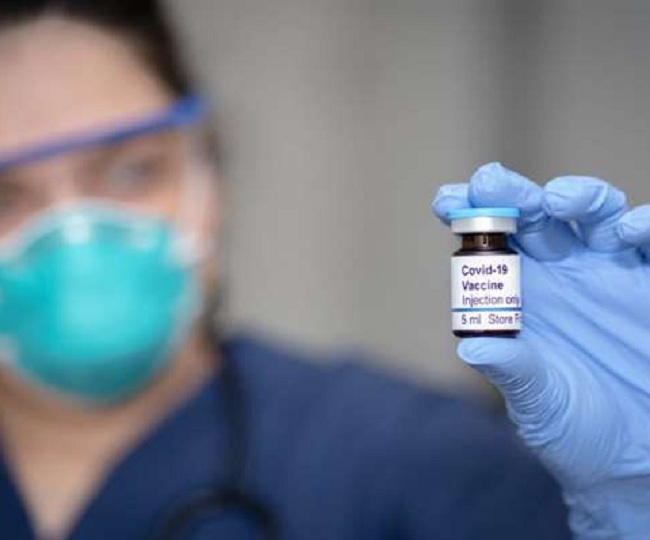

Scientists have estimated that the original strain of the novel coronavirus had a reproductive number (R0) of about 1.5 to 3.5, meaning each sick person infects, on average, another one to four people. Delta was the most common variant in the US until Omicron came along, and has been shown to be incredibly transmissible- even more so than the common cold.

The Delta variant, a spin-off of the B.1.617 lineage which also includes Kappa, was first identified in India in October 2020, and has since spread around the world.

Delta: The variant that originated in India (B.1.617) To stay safe, continue with tried and true methods to prevent transmission-even if you’re vaccinated-like wearing masks, frequently washing your hands, and social distancing. While vaccines may not completely halt Omicron’s spread, it’s crucial that Americans who aren’t already vaccinated and boosted get their shots immediately, as this could make the difference between a quick recovery at home and death. Vaccine effectiveness against symptomatic illness, according to the study, is 0-20 percent after two doses, and 55-80 percent after a booster dose. New research from the Imperial College London showed that Omicron is more than five times likelier to cause reinfection, isn’t necessarily milder than the Delta variant, and that two-dose vaccines are not very effective against infection, though they do offer strong protection against serious illness. However, it’s still not clear if the variant is intrinsically milder, or if prior immunity from infection or vaccination is simply keeping it from sickening and killing people. Omicron cases appear to have a lower risk of hospitalization and death, although record-setting infection rates mean hospitals were crushed by a wave of new admissions at the start of the new year. Pharmaceutical companies that make the vaccines-Moderna, Pfizer, and Johnson & Johnson, among others- have found that a booster dose confers strong protection against illness, and some are testing variant-specific updates for future boosters. Further, mutations in the spike protein are always cause for concern, as that’s the area of the virus that current vaccines target. While it’s absolutely normal for viruses to mutate, researchers are concerned because they haven’t seen this combination of changes in the SARS-CoV-2 virus yet.


 0 kommentar(er)
0 kommentar(er)
